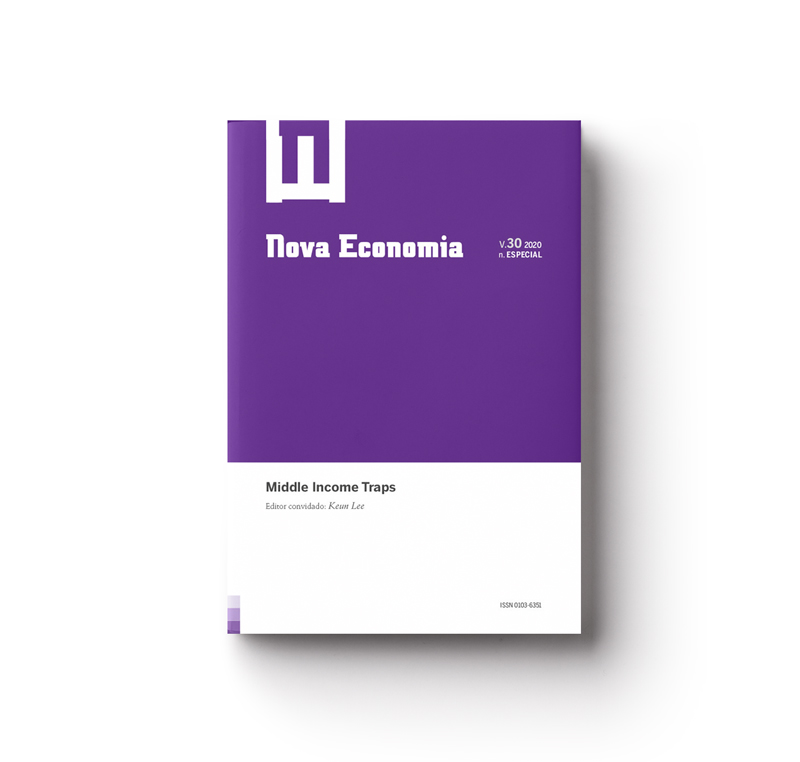Criando seu próprio caminho para ir além da armadilha de renda média: lições da Coréia
Resumo
Resumo
A experiência de desenvolvimento observada na Coréia tem sido um símbolo de catch-up bem-sucedido por várias décadas. Esse processo permitiu sua transição ascendente do status de renda média para a alta e tem chamado a atenção de muitas correntes de estudiosos. Mais recentemente, pesquisas emergentes têm melhorado a nossa compreensão dessa experiência e suas implicações políticas nos países em desenvolvimento (Lee, 2013; 2016; 2019). Este artigo propõe uma revisão do que esta literatura tem a dizer sobre os mecanismos por trás do caminho bem-sucedido seguido pela Coréia e uma discussão de lições para superar a armadilha da renda média. Argumenta-se que os países retardatários não se limitam a seguir o caminho do desenvolvimento tecnológico dos avançados e que são possíveis caminhos alternativos. A principal implicação de política para os retardatários é que um catch-up bem-sucedido é possível, mas difícil de alcançar, porque requer detours e leapfrog para as novas tecnologias.
Palavras-chave: Catch-up, Coréia do Sul, Armadilha da renda média.
Códigos JEL: O21, O14, D83.
Downloads
Publicado
Como Citar
Edição
Seção
Licença
Copyright (c) 2021 Paulo Henrique Feitosa

Este trabalho está licenciado sob uma licença Creative Commons Attribution 4.0 International License.
Autore[a]s que publicam nesta revista concordam com os seguintes termos:
- Autore[a]s mantém os direitos autorais e concedem à revista o direito de primeira publicação, com o trabalho simultaneamente licenciado sob a Licença Creative Commons Atribuição 4.0 Internacional que permite o compartilhamento do trabalho com reconhecimento da autoria e publicação inicial nesta revista.
- Autore[a]s têm autorização para assumir contratos adicionais separadamente, para distribuição não-exclusiva da versão do trabalho publicada nesta revista (ex.: publicar em repositório institucional ou como capítulo de livro), com reconhecimento de autoria e publicação inicial nesta revista.
- Autores têm permissão e são estimulados a publicar e distribuir seu trabalho online (ex.: em repositórios institucionais ou na sua página pessoal) a qualquer ponto antes ou durante o processo editorial, já que isso pode gerar alterações produtivas, bem como aumentar o impacto e a citação do trabalho publicado (Veja O Efeito do Acesso Livre).




